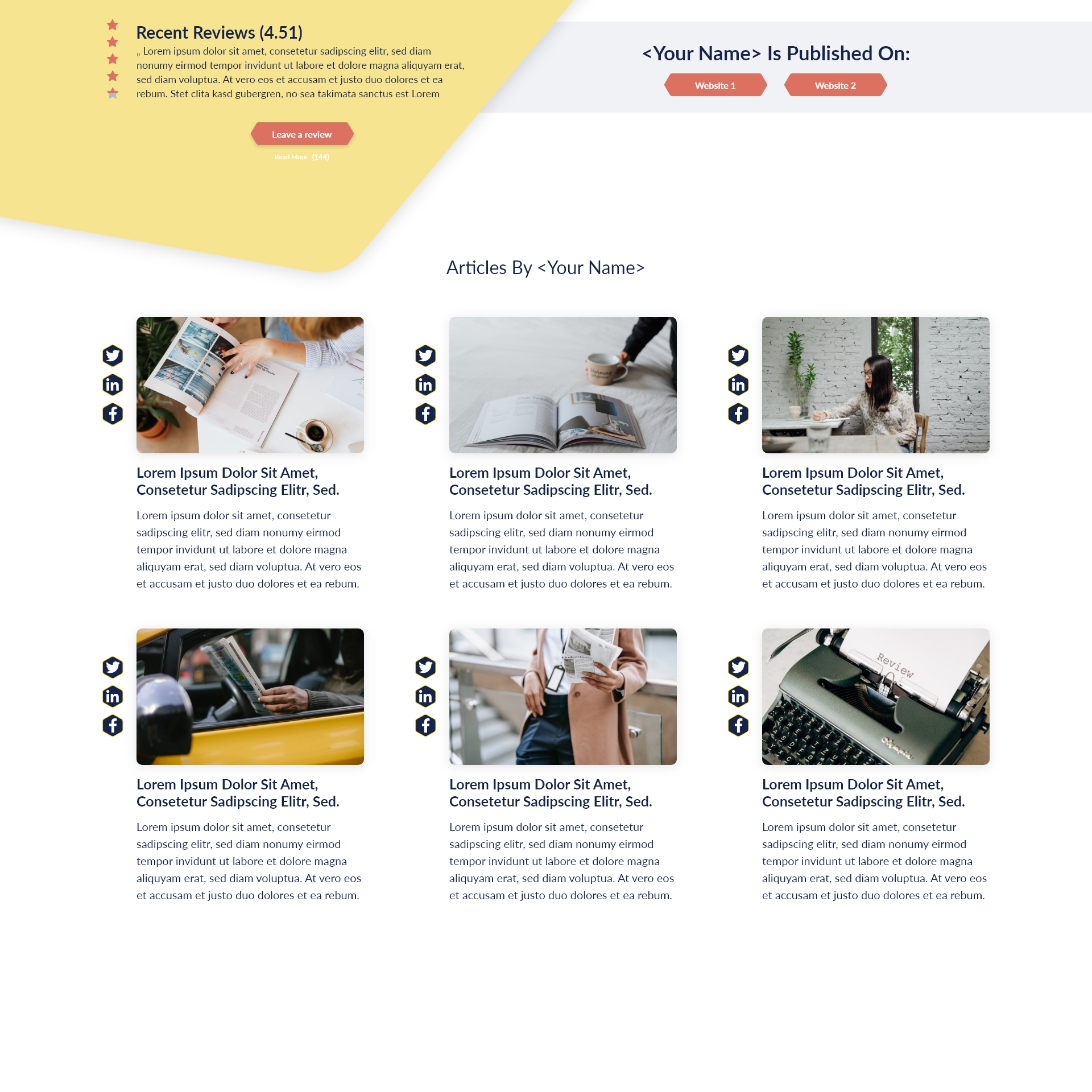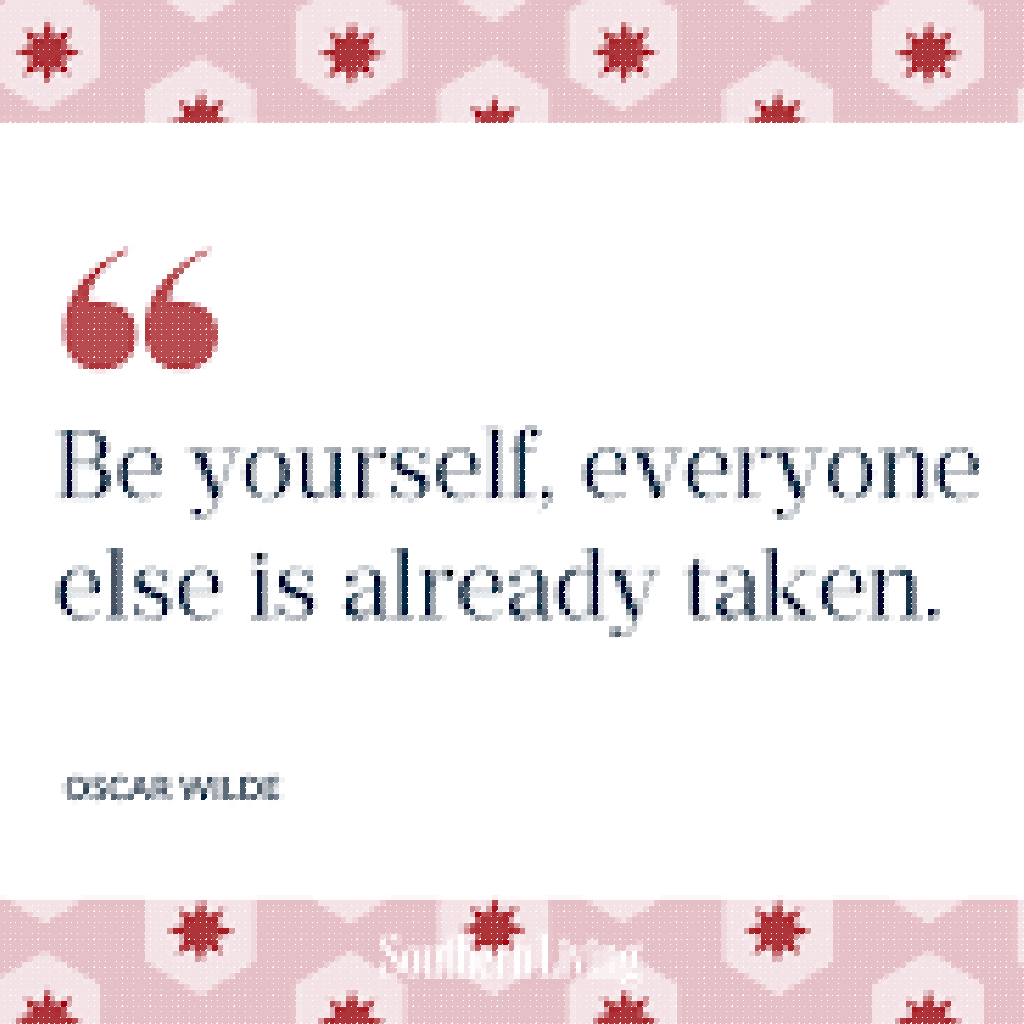Key Takeaways:
- Organizational ethics provide a foundation for sustainable, principled leadership that influences all levels of business operation.
- Ethical leadership extends beyond compliance to foster trust, accountability, and loyalty within diverse workplaces.
- Training for leaders must prioritize emotional intelligence and ethics to prepare future executives for complex decision-making.
- Embedding core values into corporate governance creates a culture of transparency and responsible behavior.
- Consistent evaluation and open communication are essential for maintaining and enhancing ethical performance in organizations.
Why Organizational Ethics Shape Modern Leadership
In the rapidly evolving landscape of modern organizations, leadership strategies must extend beyond pure performance metrics. The integration of organizational ethics has become a cornerstone for effective leadership coaching, seamless succession planning, and advanced emotional intelligence (EI) training. As businesses face mounting public scrutiny, complex compliance challenges, and diverse workforces, leaders are compelled to anchor their actions in ethical principles. Understanding and fostering organizational ethics not only contributes to enhanced decision-making but also builds resilience and trust, elements essential for sustainable leadership.
Understanding Organizational Ethics and Their Role in Leadership
What Constitutes Organizational Ethics?
Organizational ethics refers to the collective values, norms, and principles that guide the behavior and decision-making processes within a company. These ethics are embedded in policies, codes of conduct, and everyday practices. They encompass all stakeholders—employees, management, clients, and the broader community—creating a framework for determining right versus wrong within the business context.
Differentiating Between Ethics vs Compliance in Organizations
While closely related, ethics and compliance are not interchangeable. Compliance refers to adherence to external laws, regulations, and organizational policies. Ethics, on the other hand, emphasizes internalized standards of conduct—doing what is right even when not legally obligated. Organizations committed to ethics go beyond the legal minimum, cultivating trust and enhancing their reputation by prioritizing integrity over expedience.
Ethical Leadership Examples: Lessons from Real-World Organizations
Case Studies of Leadership Integrity in Workplace Culture
History offers several instructive examples of ethical leadership. For instance, when a leading technology company was faced with a data privacy breach, its CEO responded transparently by notifying stakeholders, accepting responsibility, and implementing robust data safeguards. This approach not only mitigated reputational damage but also reinforced a culture of accountability.
Building Trust Through Ethical Leadership in Diverse Teams
Leaders who practice ethical decision-making are more likely to instill trust within diverse teams. Whether negotiating cross-departmental collaboration or addressing cultural differences, ethical leadership creates an inclusive atmosphere. Employees from varied backgrounds feel respected and valued, increasing engagement and productivity across the board.
The Impact of Ethics on Leadership Decision-Making
How Ethical Frameworks Influence Executive Choices
Executives are routinely confronted by decisions that require balancing profitability, stakeholder interests, and community welfare. An ethical framework offers structured guidance, ensuring that outcomes align with the organization’s core values. Leaders utilizing these frameworks are better equipped to anticipate long-term consequences, reducing the risk of reputational harm and legal issues.
Balancing Moral Responsibilities of Business Leaders with Profitability
Business leaders must often navigate the fine line between profitability and ethical responsibility. While financial metrics remain critical, the most resilient organizations are those whose leaders courageously uphold moral commitments—even in the face of potential short-term losses. This balance ultimately enhances workplace loyalty and customer satisfaction.
Navigating Ethical Dilemmas in Management
Common Ethical Dilemmas Faced by Leaders
Leaders frequently encounter dilemmas such as conflicts of interest, favoritism in promotions, or handling sensitive information. These challenges test a leader’s character and integrity. How leaders address these situations can significantly impact team morale and an organization’s reputation.
Strategies for Implementing Ethical Frameworks in Leadership
To tackle ethical dilemmas, organizations should prioritize:
- Formalizing transparent reporting channels
- Providing ongoing ethics education
- Encouraging open discussions about ethical challenges Leaders equipped with these resources are better prepared to make principled choices that reflect the organization’s values.
Developing Ethical Leaders: Training and Organizational Support
Designing Effective Ethics Training for Leaders
Robust ethics training programs combine real-world scenarios, regulatory information, and reflective exercises that promote emotional intelligence and self-awareness. Programs effective in federal and executive contexts often incorporate:
- Scenario-based modules
- Regular refreshers and updates
- Facilitated group dialogue sessions Such approaches embed ethical reasoning into the core competencies of emerging and existing leaders.
Elements of a Robust Code of Conduct for Executives
A comprehensive code of conduct should:
- Clearly articulate organizational values
- Outline expectations for behavior at all levels
- Provide consequences for unethical actions
- Be easily accessible and reviewed regularly Strong codes support leadership coaching by creating clear behavioral benchmarks.
The Role of Values in Shaping Organizational Culture
Embedding Core Values into Corporate Governance and Ethical Standards
Values-driven governance starts at the highest leadership levels. By weaving core values into mission statements, performance metrics, and strategic goals, leaders ensure that ethics become actionable rather than aspirational. This alignment influences hiring, training, and operational decisions throughout the enterprise.
Fostering Ethical Organizational Behavior for Sustainable Success
Organizations that promote open communication, celebrate ethical behavior, and hold all members accountable thrive over the long term. Such environments support succession planning by ensuring future leaders are selected not only for skills and experience but also for their demonstrated ethical commitment and emotional intelligence.
Evaluating and Enhancing Ethical Performance
Methods for Measuring Ethical Performance in Teams
Measurement is key to sustained improvement. Non-intrusive tools such as anonymous surveys, ethics audits, and 360-degree feedback processes can assess how deeply ethical values are ingrained in organizational behavior. These tools also spotlight potential gaps in training or understanding, guiding future developmental efforts.
Promoting Transparency in Leadership Practices
Transparency fosters trust at every level. Leaders can promote ethical standards by openly sharing decision-making rationales and soliciting feedback from teams. When transparency is prioritized, organizations are better positioned to identify and address ethical risks before they become problems.
Take the Next Step: Advance Ethical Leadership
Effective leadership in federal organizations requires more than compliance—it demands a long-term investment in ethical development, backed by ongoing coaching and comprehensive emotional intelligence training. Prioritize ethics in your leadership pipeline to build an organization that is not only successful but also principled and resilient. Invest in transformative development today to empower your next generation of ethical leaders and ensure sustainable growth.








